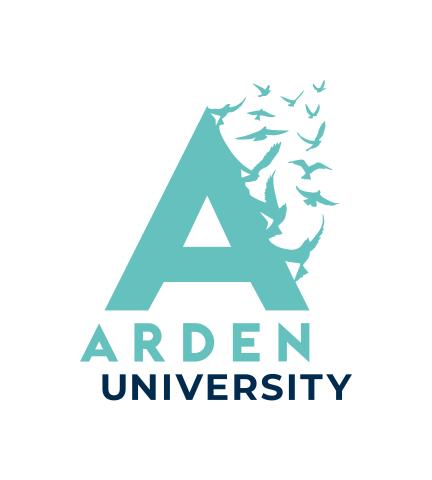
How to make sure assessment practices are as authentic as possible
You may also like
For many students, the dissertation is one of the final pieces of work they undergo during their university studies. They find themselves burrowing down into a lengthy, singularly focused project, spending days and nights in a library to produce one piece of work that, in essence, will define their university experience.
However, with many employers citing skills deficits and under-prepared graduates, it has never been more important for students to learn and develop work-based employability skills. This helps those who are studying, as well as those who are already in work, to measurably apply what they have learned, meaning that they can add value to their careers and employers as quickly as possible.
It also enables those seeking employment following their studies to be “work-ready”, to pick up the skills that employers are looking for and to reflect on knowledge and attributes gained during their studies so they can demonstrate these skills during recruitment processes.
- Turn the marking process on its head by using ‘reverse grading’
- If peer feedback was good enough for the Brontë sisters, it’s good enough for us
- Assessment design that supports authentic learning (and discourages cheating)
As educators, we want student applications to “stand out” from the pack, as well as for employers to know that when they employ a student, of any university, they are employing someone who can hit the ground running with the skills to do the job.
These skills still require assessment of course, albeit in a different way to current practices. So how, then, can we work to ensure that our assessments are as authentic as possible?
Work with employers
One way in which institutions can be sure they’re basing assessment strategies around the appropriate workplace skills is to make sure that new programmes are being designed and developed in collaboration with, and utilise key inputs from, employers.
This means looking to work with multinationals, as well as smaller businesses, enabling institutions to ensure that they are designing into the learning experience opportunities to learn and develop key skills that employers are seeking.
Drop the dissertation
It may seem radical, but replacing the traditional end-of-degree dissertation assessment with more bespoke, work-based project assessments could actually provide more opportunities for learners to apply what they’ve learned throughout their degree studies to real-world business projects, rather than demonstrating how much they know about one esoteric topic.
By establishing links with employers, it’s also possible to offer students “virtual consultancy” projects, so they can work on a real business project to either solve or respond to specific problems and issues, or they could undertake a research or design project for the employer.
Students showing that they understand – and can suggest solutions to – industry challenges will be of great value to employers. And having assessment grades to back this up will be very useful when seeking employment. It also provides the opportunity for students to contextualise and reflect on their learning − a valuable exercise to go through when applying for opportunities and being interviewed.
Students as partners
Whatever the industry, not everyone approaches work in the same, uniform style. So it doesn’t really make sense for everyone to be assessed with a one-size-fits-all approach, either.
An assessment is supposed to demonstrate a student’s understanding, not just provide a measure of how they can perform in a single exam or an essay. Working with students as partners in education and providing them with more choice in the assessments they undertake allows students to choose a method of assessment that suits them. For example, if a student copes better communicating via visual or verbal means, then it stands to reason that they should be encouraged to follow that path in their assessment, rather than judging them on a written essay.
Bridge the digital divide
With students now routinely based across the globe, the use of digital assessment solutions and tools are vital not only for ensuring ease of access to assessment instruments but also crucial in ensuring that accessibility is built in for all.
As a result, it’s vitally important for universities to ensure that assessments are designed to represent the diversity of the student body – making sure that case studies, organisations and situations are fully representative and inclusive and enable students to respond as appropriate to their own cultures and environments.
Paula Reilly is director of academic services at Arden University, UK.




